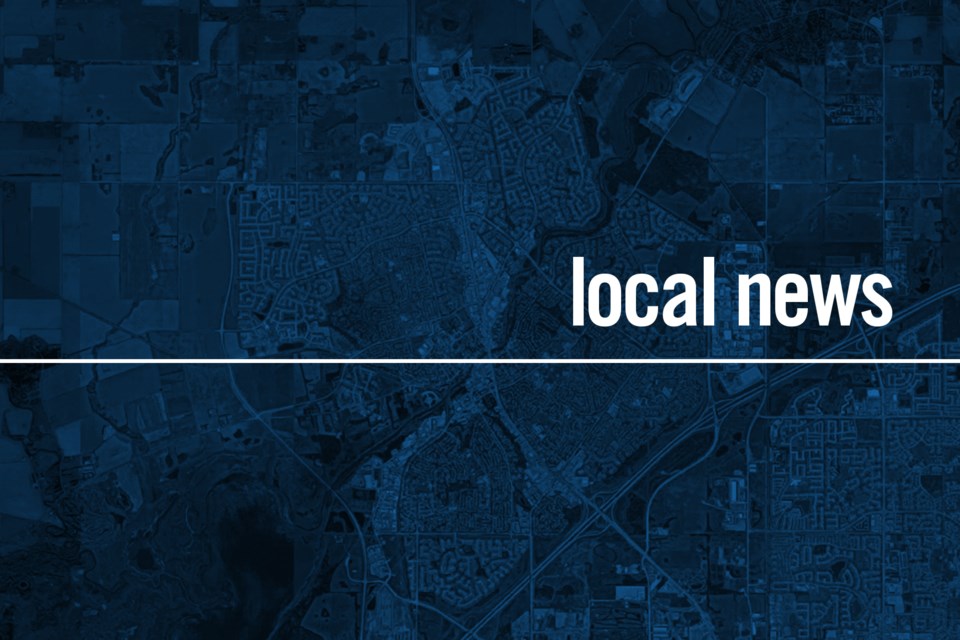Recommendations from a panel on Alberta’s curriculum review are too focused on jobs and call for some expensive and unnecessary tests, says an Edmonton-area scholar.
Alberta Education Minister Adriana LaGrange released the report of the curriculum advisory panel Jan. 29, as well as the panel’s draft ministerial order on student learning.
The NDP government started a curriculum review in 2016 that aimed to revamp what students learned in grades K-12. The current UCP government paused the review last summer and appointed a 12-member panel to review the review and draft a new ministerial order on student learning (the philosophical guide to education in Alberta).
Panel member Glenn Feltham said this review was a chance for everyone to take a step back and evaluate the curriculum process.
“A lot of the bones did really make sense,” he said, particularly the new curriculum’s focus on literacy and numeracy at all grades. Still, the panel found some areas that could be strengthened.
Review reviewed
About five of the panel’s 26 recommendations call for more focus on careers in the curriculum, including financial literacy and work readiness. The panel wanted students to have more opportunity to do practical work outside the classroom, and for the province to consider the German dual-education system, which sees students split their time between job-specific courses in school and apprenticeship work in the field.
The panel also called on the province to “examine the efficacy of cursive writing for student learning.”
Cursive writing is currently part of the Grade 3 curriculum, and there’s some debate on whether or not it should be taught, said Catherine Coyne, director of curriculum services for St. Albert Public Schools. Researchers have found handwriting can shape neural pathways in the brain, but have also questioned the need for it given today’s technologies.
“As long as we can print, why would we need to learn cursive?” Coyne said.
The panel called for standardized formative assessment tools to evaluate literacy and numeracy in grades 1 to 5 to identify students who need additional help in these areas.
Teachers already use a number of diagnostic tests when they suspect a student is struggling with math or reading, and it’s unclear what these standardized tools would involve, Coyne said.
Standardized tests are also expensive, and the province is already saying it doesn’t have any more money to spend on education, said Carla Peck, an elementary education professor at the University of Alberta who served on a provincial committee involved with the curriculum review.
“Where is the money going to come from for this?”
Peck said standardized tests provide only a snapshot of a student’s skills and do not account for poverty, cultural bias and other factors. The province would be better off leaving this evaluation up to teachers, who work with students every day and can tell when they’re falling behind.
Peck supported the panel’s call for a high-school history program that would include a diploma exam, as history often gets crowded out for economics and political science in Social Studies. Any such course should emphasize analysis and understanding over memorization, though.
“Facts are not neutral,” she said, and students need to know how to evaluate claims made by historians.
Peck criticized the panel’s focus on jobs and employment, saying education is also about exposing students to new ideas so they can become creative, imaginative people.
“We need to think about education much more broadly,” she said.
Coyne said she hopes the province will now get on with the curriculum review process, noting this was the third major public consultation on it.
“I’m glad we’re moving to the next step.”
The panel’s report is available at bit.ly/36EkMeL. A survey on the draft ministerial order is at bit.ly/38TIjtP and is open until Feb. 24.




